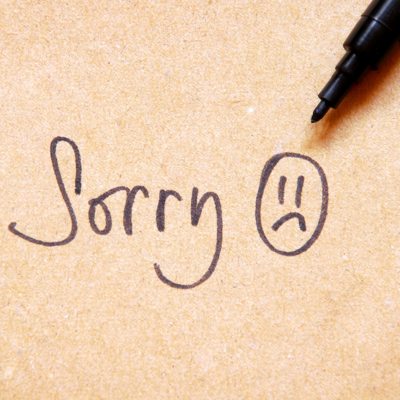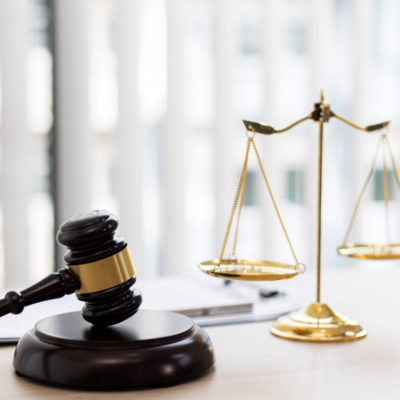As Canadians, we are often teased for our tendency to be overly apologetic. For example, it’s not uncommon (actually, it’s very common) for someone to be run into on the sidewalk and for both individuals to apologize.
There have even been studies conducted on what Canadians do and don’t find to be a proper apology.
But our apologizing goes beyond funny incidents and entertaining studies; it affects our laws. We want to tell you about a law that is very applicable to Canadians over-apologizing: the Apology Act.
mmmmmmlmmmmmmmmn
What It Is
Prior to the Apology Act, saying “sorry” could potentially be seen as an admission of guilt. If someone is walking by your house, and your dog manages to escape the yard and bites that person, your running out and apologizing could be seen as you admitting that you are at fault for the incident (even if a judge would have concluded that you had taken all reasonable measures to ensure that your dog was properly contained in the yard).
In a situation like this, one of our first reactions would be to apologize. This is why the Apology Act states that apologies cannot be admitted as evidence in a case.
mmmmmmlmmmmmmmmn
Another way the Apology Act protects Albertans and Canadians is by indicating that your insurance company can’t use your apology to waive or impair the rights you hold in your contract with the company.
What this means is that if you get in a fender bender with another person, hop out of your car and apologize, it does not mean you are at fault for the accident. It also means that if you say “sorry” you do not have to worry about your apology affecting the lawsuit of the driver.
All this to say is you are free to continue apologizing in true Canadian fashion without worrying that this could be used against you in court or by your insurer.
Defining Terms
What is considered an apology under the act?
Any form of expressing regret, being sorry, or showing sympathy. This is also regardless of whether such an apology does or doesn’t include admitting that you are somehow at fault for the incident in question.
This means that if you were in a car accident, express how sorry you are that the accident happened and maybe even say that you are at fault, that entire apology (including the claim that you caused the accident) can not be used against you. As emotions tend to run high in these situations, and we often speak without thinking, it’s a relief to know that our stressed selves can get us into a little bit less trouble because of the Apology Act.
mmmmmmlmmmmmmmmn
Of course, there are some cases in which the provisions of the act do not apply. If someone is accused of a criminal act and speaks with the police, statements made to the officers (including apologies) will still be examined closely and might be accepted as evidence. Another exception would be if an apology is made after a court proceeding has already begun (for example, if someone apologizes while being cross-examined in court).
Exceptions vary and can be very specific to unique situations, so it is best to consult with a lawyer regarding your rights and which apologies are or are not protected under the Apology Act.
At McGuiness Law, we want to ensure you receive all of the compensation and support you need and deserve when dealing with a personal injury case.
We are passionate about our clients, and we are passionate about the law.
If you want an experienced and knowledgeable legal team on your side, connect with us for a free consultation. You can reach us using our online contact form or by calling us at 1-833-585-4145.